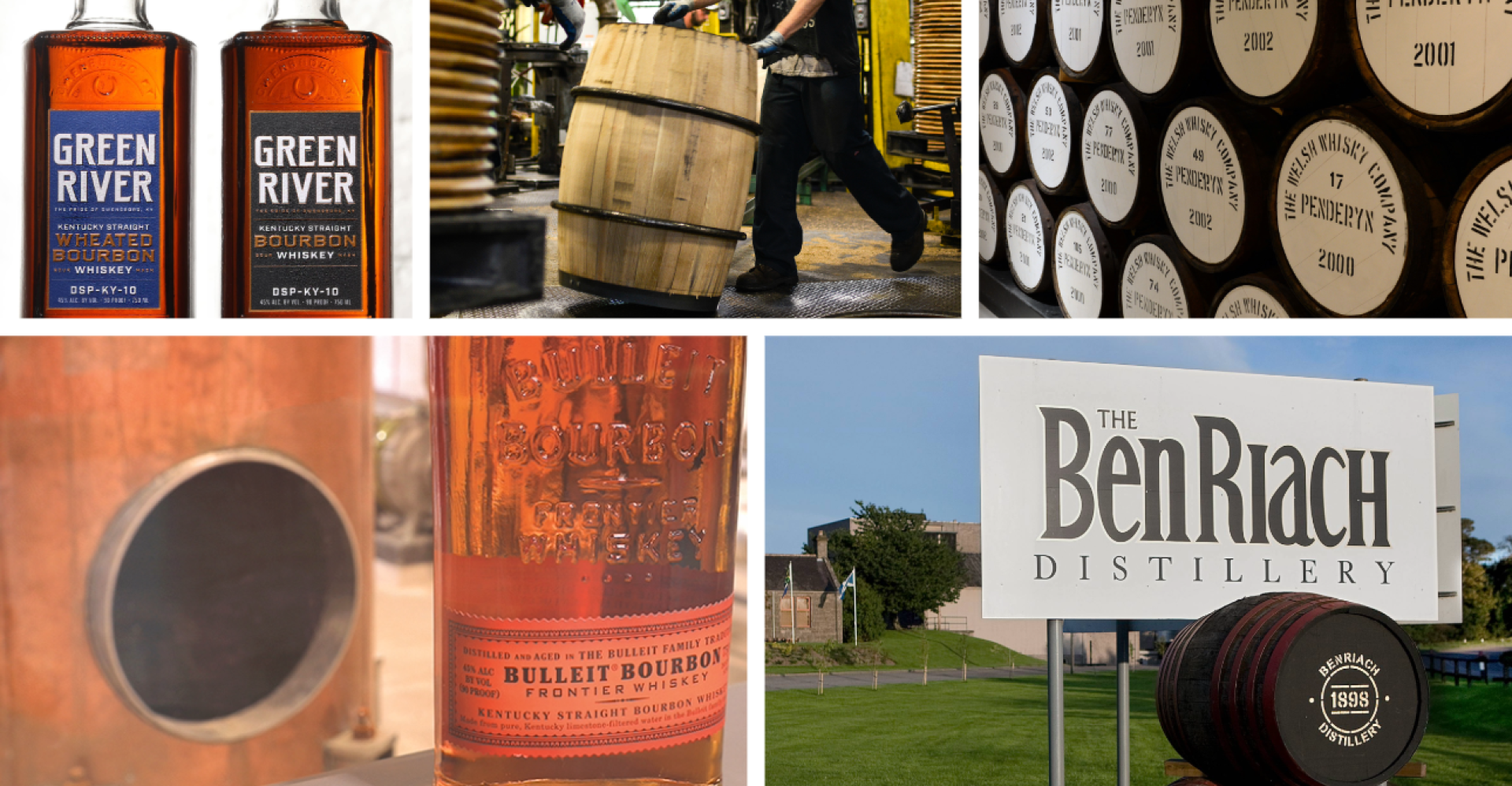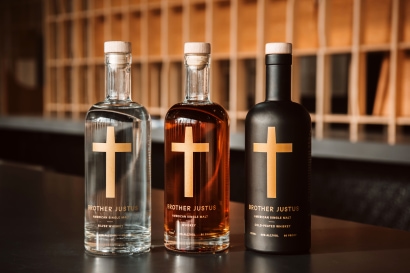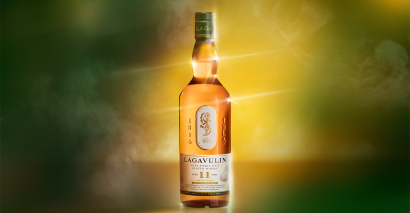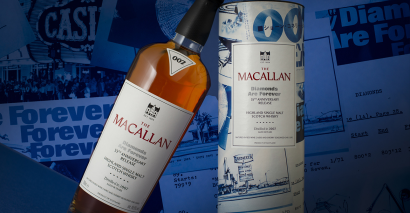
Undoubtedly, after an epic bull market, the whisky industry has been facing some major headwinds. Whisky sales fell in 2023, and then even more in 2024, marking the first consecutive declines in more than two decades. Further uncertainty looms, too, thanks to the threat of tariffs and a potentially prolonged trade war. The ongoing responses by the industry—production pauses, layoffs, and closures—have evoked echoes of previous whisky downturns, when sales slumped and distilleries shuttered. While we’re very far from the lows of the bad old days that took hold in the 1970s, there’s been a mounting turbulence that isn’t behind us quite yet. Below is a look at some of the biggest pauses, job cuts, and closures announced in the past calendar year.
Irish Distillers
This month, Irish Distillers announced that its Midleton Distillery—producer of such big-name Irish whiskeys as Jameson, Midleton, Redbreast, the Spots, Powers, and Knappogue Castle, among others—would pause whiskey production starting early April. While this stoppage is being billed as a routine review of its operations, production will remain halted until summertime, adding up to roughly a 5-month shutdown that’s a notable extension to the usual length of one month a year for maintenance.
Bulleit
Bulleit’s owner, Diageo, revealed that all production at its Lebanon, Kentucky distillery has halted until June 2025. The distillery made waves when it opened in the fall of 2021, as it was billed as the first carbon-neutral whiskey distillery in North America. The 72,000-square-foot site has production capacity of up to 10 million proof gallons per year, and has served in a supplementary role to Bulleit's other distillery in Shelbyville (which is still up and running). Similar to Irish Distillers, Diageo is calling this a standard shutdown aimed at supporting its efficiency goals.
Distill Ventures
Earlier in the month, Diageo said it would be ceasing all new investment through its Distill Ventures incubator program. Distill launched in 2016, essentially functioning as a venture capital fund for small start-up distillers of all kinds. Through Distill, Diageo has backed and incubated a number of prestigious and fast-rising whisky distilleries around the globe, including Westward Whiskey in Oregon; Australia’s Starward Whisky; Danish producer Stauning Whisky; Japanese distiller Kanosuke; and English whisky maker Fielden. While Diageo made clear that Distill isn’t taking on new investments, it remains to be seen whether any of its current brands will be cut from the roster, as the wording in Diageo’s original statement—“…a smaller Distill Ventures team will remain in place to manage a reduced number of existing investments”—left the door open to that possibility. As of now, no such cuts have been announced.
Crown Royal
Crown Royal, also owned by Diageo, paused construction of its new St. Clair, Ontario distillery last November. The site represented a $175.4 million investment in the Crown Royal, and was projected to add production capacity of 10.5 million proof gallons, with both distilling and blending facilities on-site. In a statement, Diageo said it would be revisiting plans for the distillery at a later date, and emphasized that the indefinite pause would have no impact on current Crown Royal production.
Penderyn
Welsh distillery Penderyn paused production at its largest and newest site, Swansea, last August. The Swansea distillery opened in July 2023, and was focused on producing a combination of single malts and blended malts, with an opportunity for more creativity as well. Though the distillery is still open to visitors and has masterclasses and a gift shop on offer, the stills remain quiet as the brand rides out the economic slowdown.
Glenglassaugh/Benriach
In January, we reported on single malt scotch maker Glenglassaugh’s move to a “shared production model” at sister distillery Benriach. Owner Brown-Forman said the two distilleries would alternate production periods, whereby active distillation at one distillery will coincide with a silent season at the other. Silent seasons, or temporary production pauses, are a tradition in Scotland—in the old days they used to last longer but now are normally at 3-4 weeks, taking place in summer to enable inspection, maintenance, and repairs. This plan calls for pauses longer than that, and the company said the change will be permanent.
Brown-Forman Cooperage
By April 25th, the Brown-Forman Cooperage in Louisville will be no more. Founded in 1945, the cooperage made about half of all the barrels needed for Brown-Forman’s storied whiskey brands, including Jack Daniel’s, Old Forester, and Woodford Reserve. For whisky lovers, it made a fascinating stop on any Louisville tour, to see how the barrels are made and charred. Brown-Forman had already sold its Alabama cooperage (the Jack Daniel Cooperage) in February 2024, in both cases to Independent Stave Co. The company is now out of the barrel making game completely, except for a tiny cooperage at its Old Forester location on Louisville’s Whiskey Row, largely for tourists to view the process.
Green River Distilling
On April 1, Owensboro, Kentucky-based Green River Distilling will lay off a quarter of its workforce, or 26 people. Green River stressed that the job cuts are not in response to tariffs on American whiskey, but a reaction to a slowdown in “current and projected contract distilling business.” The majority of jobs affected are in production, ranging from distillery operators and warehouse workers to lab technicians and logistics schedulers. Bardstown Bourbon Co. purchased Green River in August 2022; the two distilleries merged under one parent company, Lofted Spirits, earlier this month, with Lofted CEO Mark Erwin emphasizing the growth potential of both brands. For now, however, a slumping market has Green River on the defensive.
Waterford
Last November, Waterford Distillery—the terroir specialist of Irish whiskey—fell into receivership after several attempts to raise capital went unsuccessful. The receivers looked for new investors for the business, but one never materialized. It’s a sad ending to one of the whisky world’s more exciting and compelling brands—originally founded in 2016 by Mark Reynier, who’s most famous for revitalizing Islay distillery Bruichladdich, Waterford took terroir-driven whiskey making to new heights with an intrepid approach in an industry where tradition so often rules.




